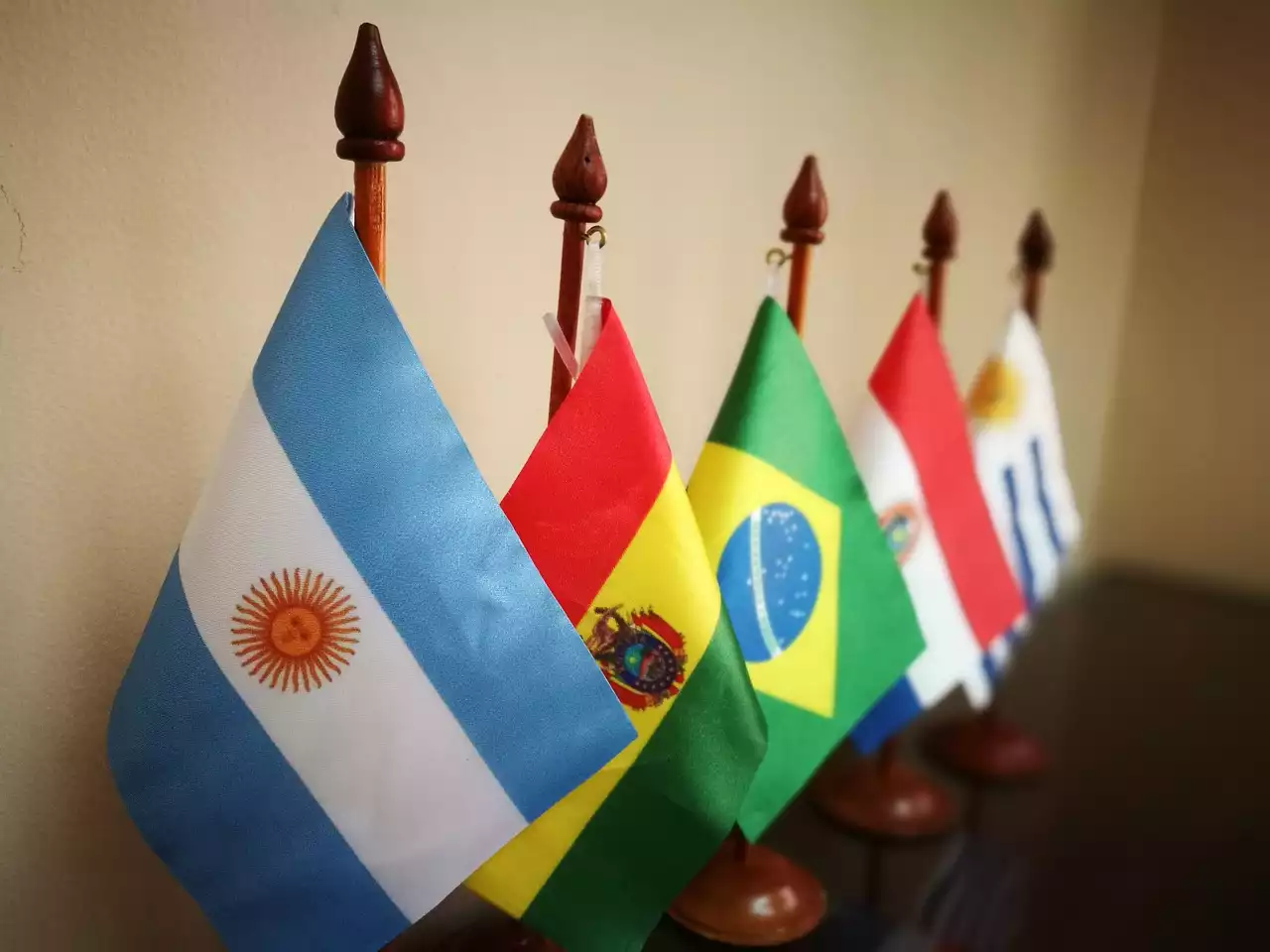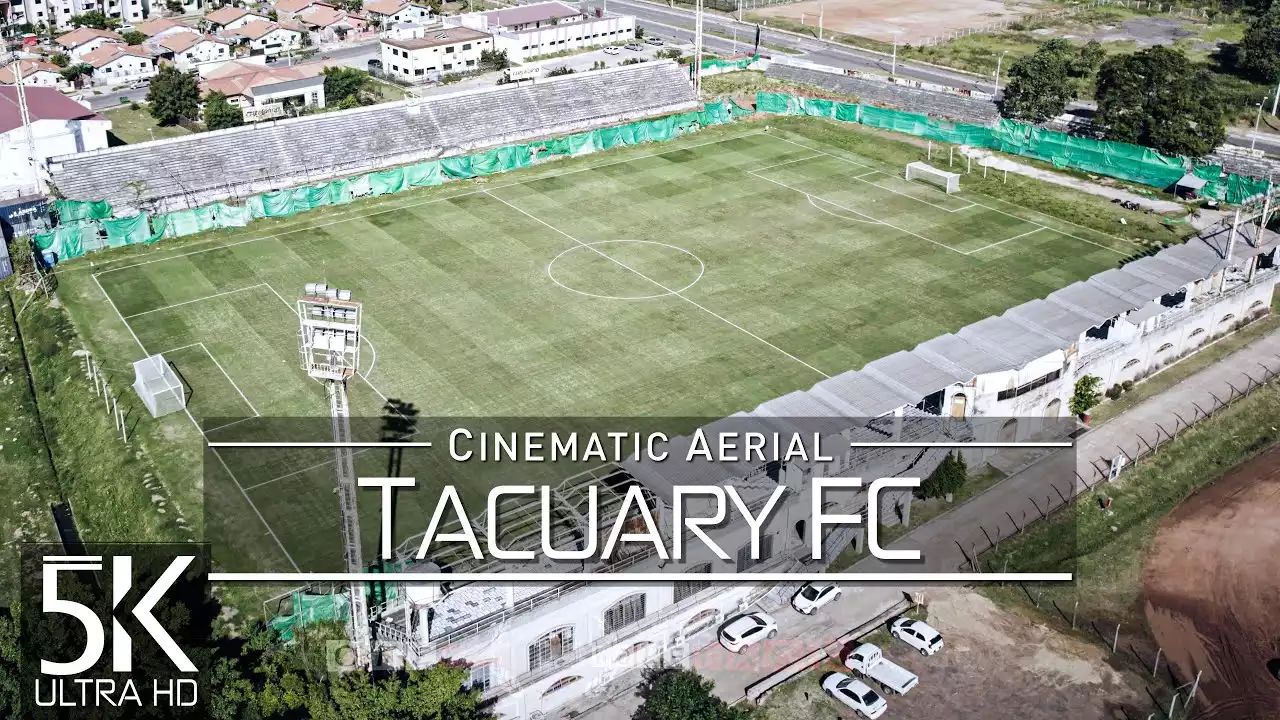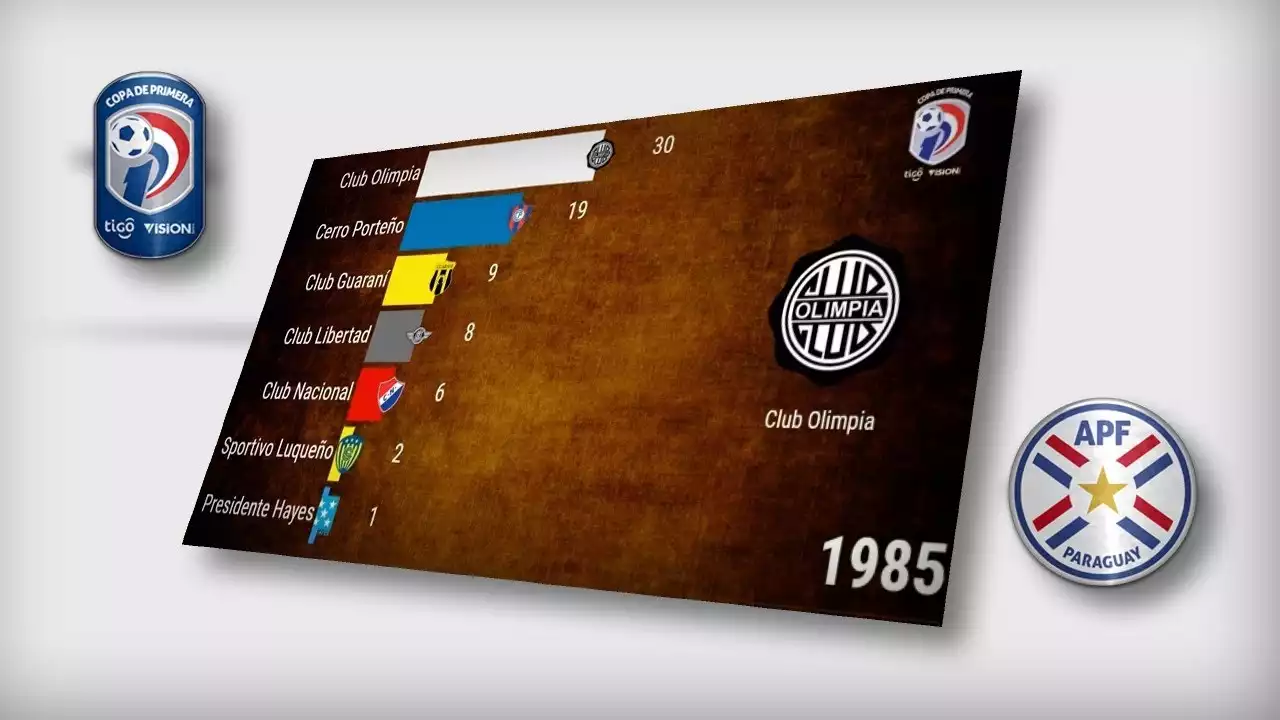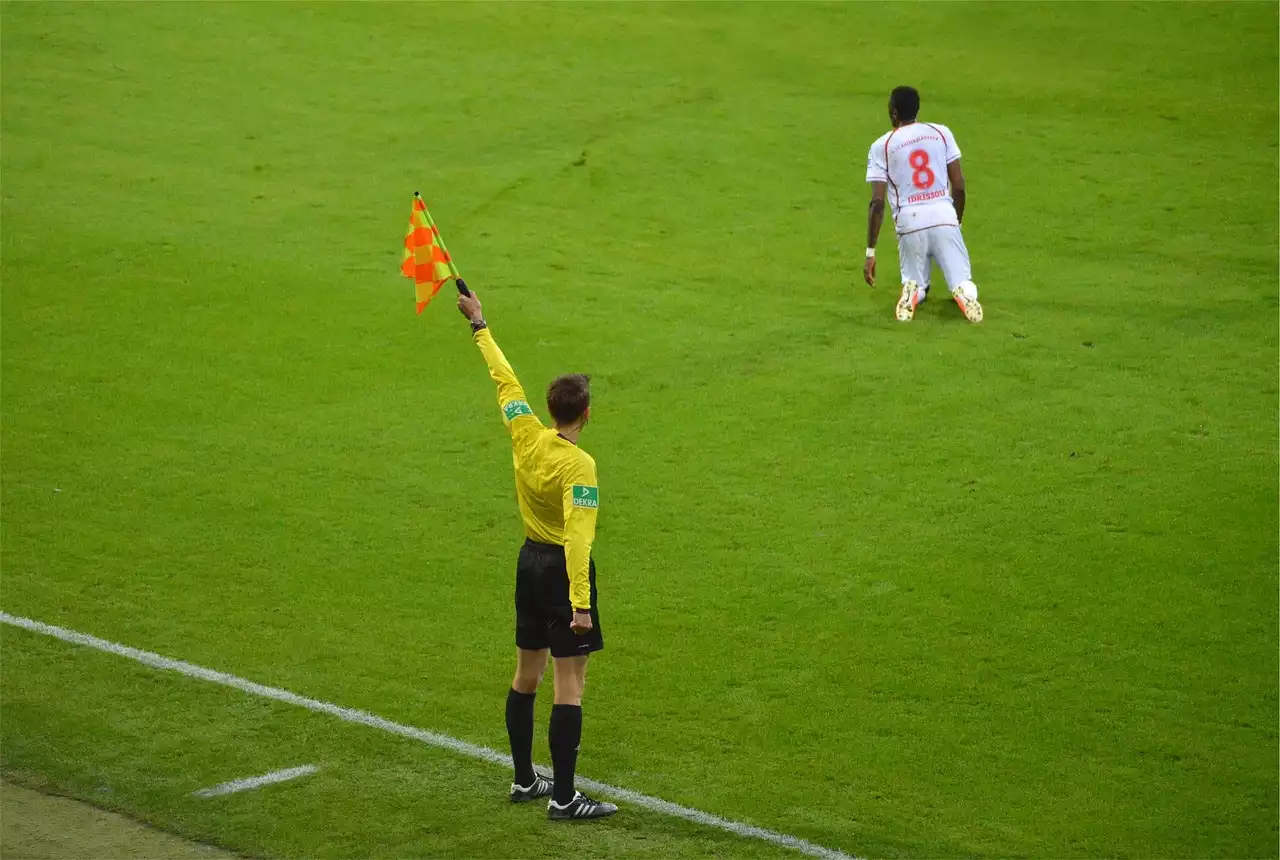Factor 1: Points system and league standings
The points system and league standings are the most fundamental factors in determining promotion and relegation in Paraguayan football. Each team earns points based on their performance in league matches throughout the season. The team with the highest number of points at the end of the season is crowned the champion and is promoted to a higher division if not already in the top division. On the other hand, the team with the lowest number of points is relegated to a lower division.
The points system in Paraguay follows a standard format, where a win earns a team three points, a draw earns one point, and a loss earns zero points. This system incentivizes teams to aim for victories in every match, as each win brings them closer to promotion or ensures their safety from relegation. Maintaining a high position in the league standings is crucial for teams aspiring to be promoted. It not only reflects their on-field performance but also boosts their chances of attracting sponsors and supporters.
However, the points system alone does not guarantee promotion or relegation. Other factors, such as head-to-head record and goal difference, come into play to determine the final standings. Let's explore these factors in more detail.
Factor 2: Head-to-head record
In Paraguayan football, if two or more teams finish the season with the same number of points, their head-to-head record is used as a tiebreaker. The head-to-head record refers to the outcome of the matches played between the teams involved in the tie. The team with a better head-to-head record against their rivals is ranked higher in the standings and is given priority for promotion or safety from relegation.
The head-to-head record adds an extra layer of excitement and competitiveness to the promotion and relegation battle. It encourages teams to perform well not only against other opponents but also against their direct rivals. A single victory against a team in contention for promotion or relegation can have a significant impact on a team's final position in the standings. This factor also adds drama to the final stages of the season, as teams fight tooth and nail to secure their place in the desired division.
Factor 3: Goal difference
Goal difference is another crucial factor in determining promotion and relegation in Paraguayan football. It serves as a tiebreaker when two or more teams have the same number of points and an identical head-to-head record. Goal difference is calculated by subtracting the number of goals conceded by a team from the number of goals they have scored throughout the season.
A positive goal difference indicates that a team has scored more goals than they have conceded, while a negative goal difference suggests the opposite. In the promotion and relegation context, a positive goal difference can give a team an edge over their rivals and increase their chances of securing a higher position in the standings. Conversely, a negative goal difference can be detrimental to a team's promotion hopes and increase the risk of relegation.
Goal difference not only reflects a team's attacking and defensive capabilities but also their overall performance throughout the season. It rewards teams that consistently score goals and maintain a solid defensive record. Therefore, it is crucial for teams to strive for a positive goal difference to enhance their promotion prospects or avoid relegation.
Factor 4: Playoffs and relegation/promotion battles
In some cases, when the promotion or relegation battle is extremely close, playoffs are used to determine the final outcome. Playoffs provide an exciting and dramatic climax to the season, where teams compete in knockout matches to secure promotion or avoid relegation.
The format of the playoffs may vary depending on the specific league or division. In Paraguayan football, playoffs are commonly used when two or more teams finish the season with the same number of points, head-to-head record, and goal difference. These playoffs usually involve a series of matches between the teams involved, with the winners ultimately earning promotion or retaining their place in the higher division.
The playoffs not only allow for a fair and decisive resolution to closely contested promotion or relegation battles but also generate additional excitement and anticipation among fans. They provide an opportunity for underdogs to defy the odds and make a late surge towards promotion or survival. The playoffs often produce memorable moments and heroic performances that are etched in the history of Paraguayan football.
Historical examples of promotion and relegation in Paraguayan football
Over the years, Paraguayan football has witnessed several remarkable promotion and relegation battles that have shaped the destiny of clubs. One notable example is the promotion of Club Olimpia to the top division in 1991. After a successful campaign in the second division, Club Olimpia secured promotion and went on to become one of the most successful clubs in Paraguayan football history, winning numerous national and international titles.
On the other hand, the relegation of traditional powerhouse Cerro Porteño in 1994 shocked the footballing community. The club's unexpected drop to the second division highlighted the unpredictability of the promotion and relegation system and served as a wake-up call for other teams to prioritize their performance and stability.
These historical examples demonstrate the significance of promotion and relegation in Paraguayan football. They showcase the impact it can have on the trajectory of a club and its future prospects.
The impact of promotion and relegation on clubs and players
Promotion and relegation have a profound impact on clubs and players in Paraguayan football. For clubs, promotion to a higher division brings financial benefits through increased sponsorship deals, higher attendances, and more lucrative broadcasting rights. It also raises the club's profile and attracts better players, coaches, and staff. Promotion can be a catalyst for growth and development, enabling clubs to invest in infrastructure, youth development, and talent acquisition.
On the other hand, relegation can have devastating consequences for clubs. It often leads to a loss of revenue, reduced fan support, and difficulty in retaining key players. Relegated clubs may also face challenges in meeting financial obligations and sustaining their operations. The impact of relegation extends beyond the football pitch and affects the livelihoods of players, coaches, and staff associated with the club.
For players, promotion and relegation can significantly impact their careers. A successful promotion campaign can attract the attention of scouts and open doors to higher-profile clubs and national team call-ups. On the contrary, relegation can limit opportunities for players to showcase their talent at a higher level and hinder their chances of progressing in their careers.
Challenges and controversies in the promotion and relegation system
While the promotion and relegation system in Paraguayan football has its merits, it is not without its challenges and controversies. One of the main challenges is the financial disparity between clubs in different divisions. Clubs in the top division often have more resources and financial muscle, giving them a competitive advantage over lower division clubs. This financial inequality can make it difficult for smaller clubs to compete on an equal footing and achieve promotion.
Another challenge is the potential for instability and uncertainty caused by frequent changes in divisional status. Relegation can disrupt a club's long-term planning and stability, forcing them to rebuild and regroup in a lower division. Similarly, promotion can bring its own set of challenges as clubs need to adapt to a higher level of competition and often face stronger opponents.
Controversies also arise when teams accuse each other of match-fixing or unfair play to influence promotion or relegation outcomes. Such allegations can tarnish the reputation of clubs and the integrity of the competition. The governing bodies are responsible for ensuring fair play and addressing any controversies that arise during the promotion and relegation process.
Dramatic riot footage after River Plate relegation
Comparisons to promotion and relegation systems in other countries
While the promotion and relegation system in Paraguay has its unique characteristics, it shares similarities with promotion and relegation systems in other countries. In countries like England, Spain, and Germany, the promotion and relegation system is deeply ingrained in the football culture and plays a vital role in shaping the football pyramid.
Similar to Paraguay, these countries use a points-based system, head-to-head record, and goal difference to determine promotion and relegation. However, the format of playoffs may differ, with some countries implementing a playoff system involving more teams to determine the final promotion or relegation spots.
The similarities across different promotion and relegation systems highlight the universal importance of competition, fairness, and the opportunity for clubs to rise through the ranks or face the consequences of underperformance.









